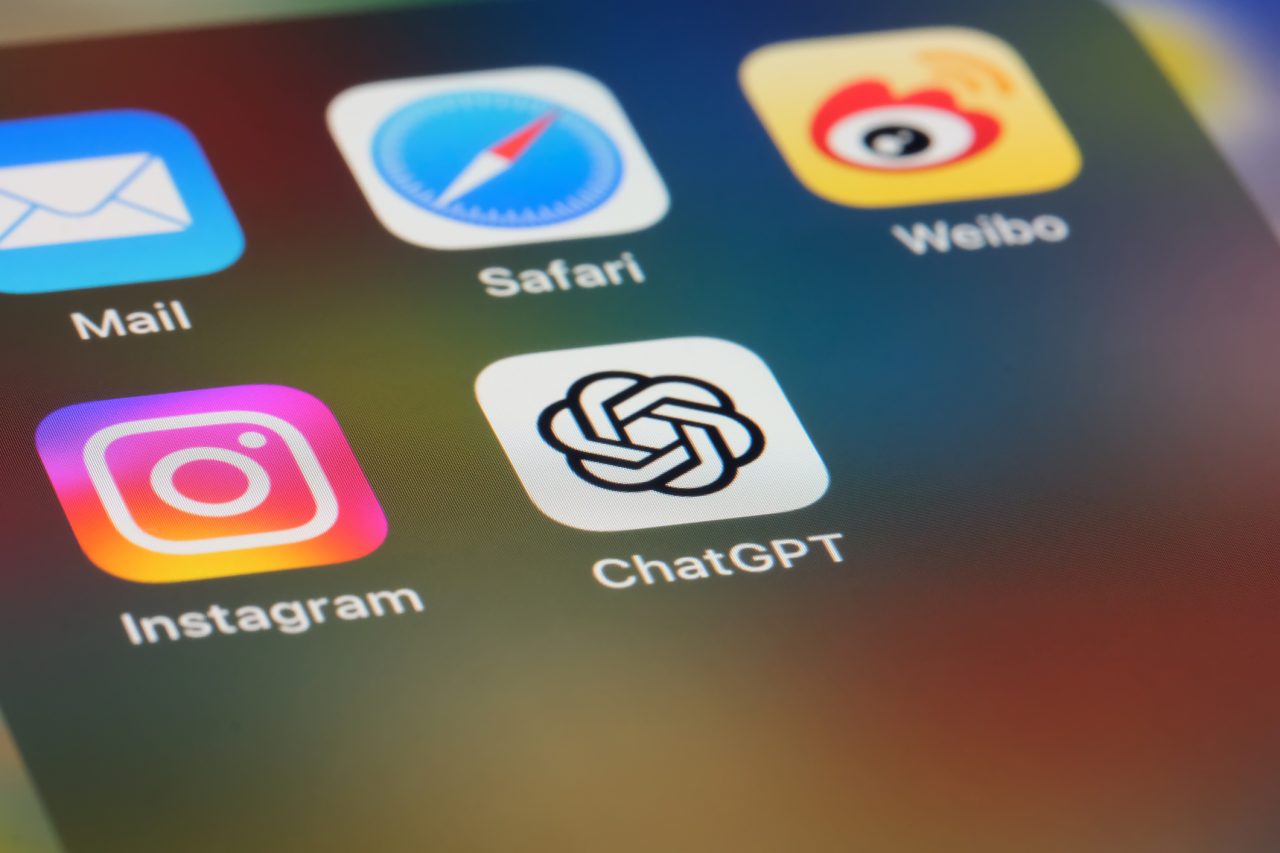- by
The perils of using Chat GPT for legal issues
Ask the right questions and I’ll tell you no lies
The rise of AI or Artificial Intelligence in the public consciousness over the past couple of years has been inescapable for even the most determined technological luddite. Love it or loathe it, AI is increasingly influencing our lives. Paralegal Isabelle LeGrys, explores this intriguing topic.
Benefits and limitations of AI
Asking around the office, over the past couple of years, it seems that most of us have been tempted to experiment with Chat GPT for relatively trivial things such as menu planning or holiday packing lists, the novelty and convenience can be addictive. However, in recent months, it has been interesting to see that we’re also beginning to get enquiries now from people who have tried to use Chat GPT and other AI tools to solve legal problems. They tend to call us to get reassurance on the result it has given them and sometimes have an unpleasant surprise when they discover that the advice they received from it was incorrect and could result in serious problems in the future.
So how reliable is AI and should we trust it?
The fundamental issue with AI of course is whether you ask the right question and also whether you include the relevant background information to enable it to have the context to provide an accurate answer.
Crucial background and context
This can be tricky as you may not know that some of the information you need to provide is even relevant. Those dreaded unknown unknowns as Donald Rumsfeld once referred to it. For example, if you ask Chat GPT about the financials of a divorce but forget to include some assets which you didn’t think would be included, the result could be factually correct in terms of an answer to the question you asked based on the information you fed into it, but nevertheless, detrimental to you. The law is very circumstantial, it is important to have a conversation flowing to gain insight on how this can be used to your favour. This is something Chat GPT cannot provide.
You get what you pay for
Unlike Chat GPT, seeking professional advice to interpret the law is not free, but it ensures that you get the best possible result for your particular circumstances, and could end up saving you money and heartache in the long run.
5 main issues with legal advice from AI
The Open University recently tested Chat GPT’s legal capabilities and highlighted 5 main issues with it:
- The law chatbots generated was frequently based on American law and did not necessarily state that this was the case.
- Sometimes answers were based on out-of-date law.
- Many answers were incorrect or misleading, missing subtle interpretations of the law.
- Answers were too generic to be useful.
- ChatGPT4 (the paid version) was better overall than the free versions. This risks further reinforcing digital and legal inequality.
You can read the original article published in The Conversation here
Get in touch
If you would like to speak to a member of our friendly and experienced team about a legal issue, you can contact us on 01872 241408 (and speak to a real person!) or you can email us info@penderlaw.co.uk




